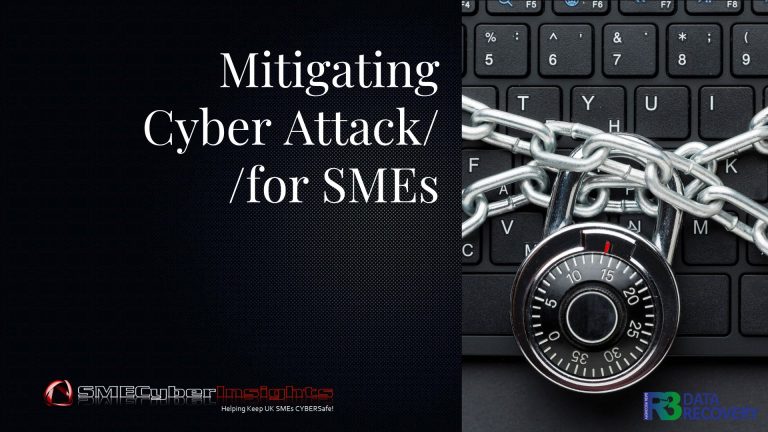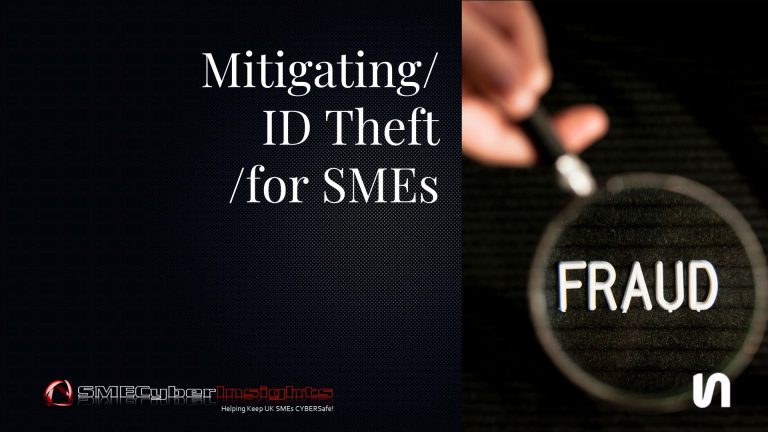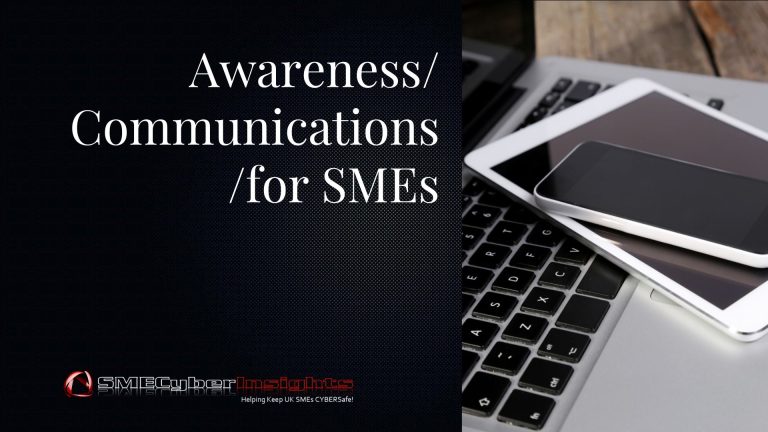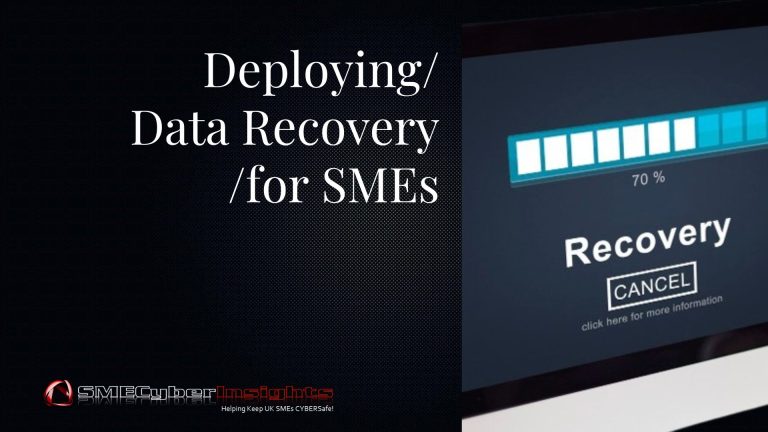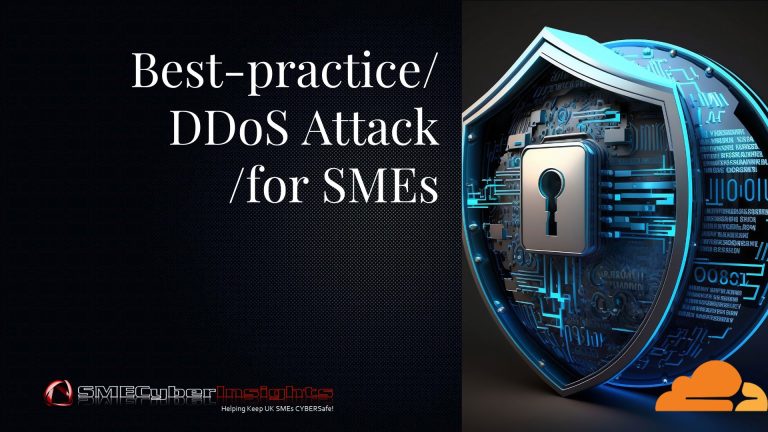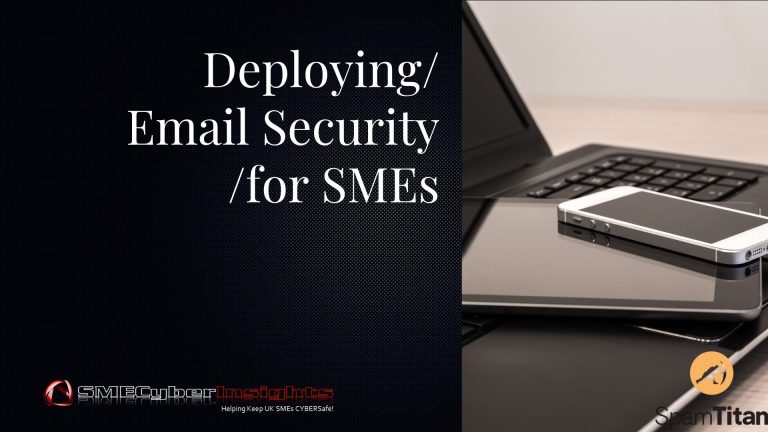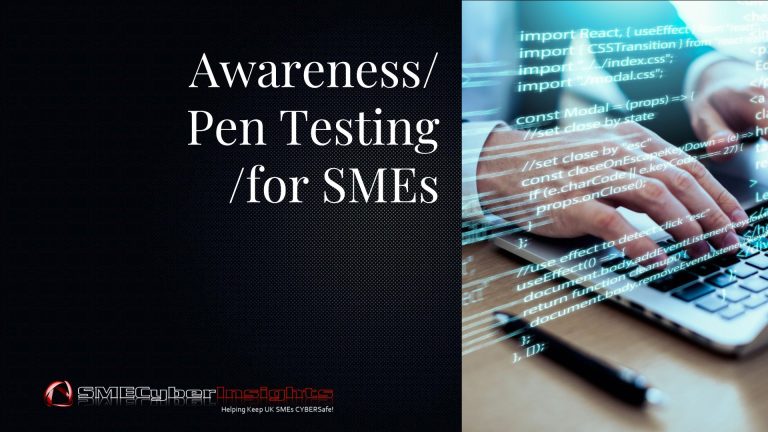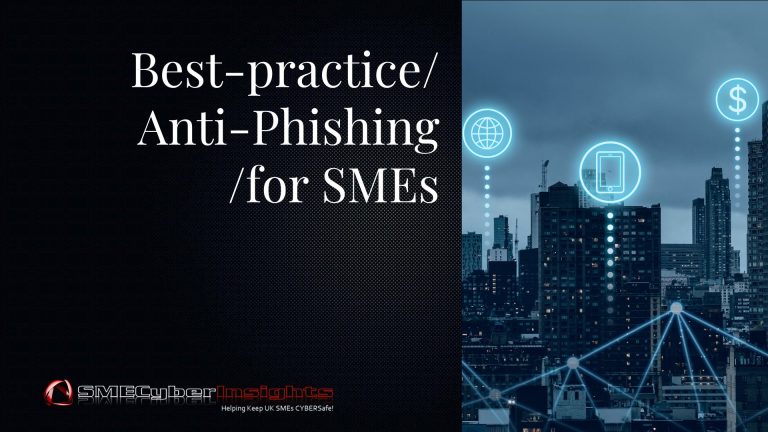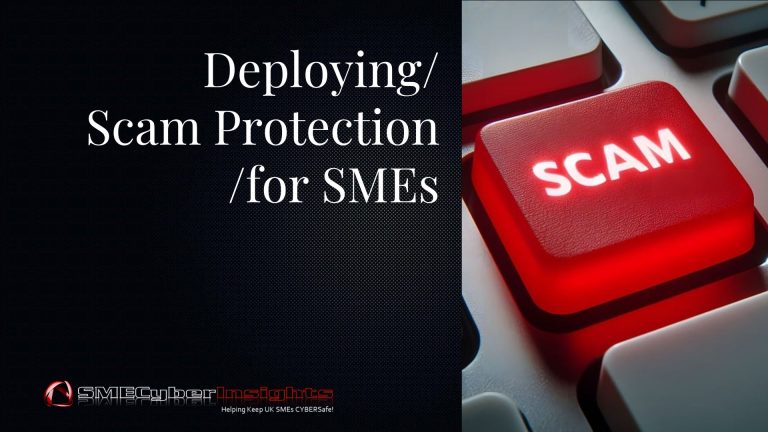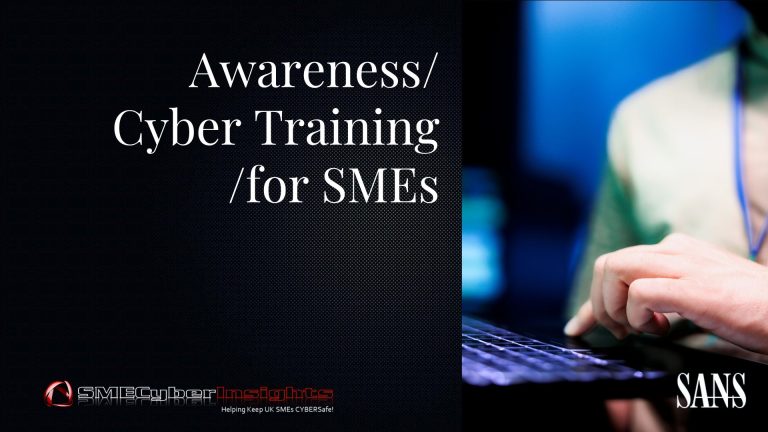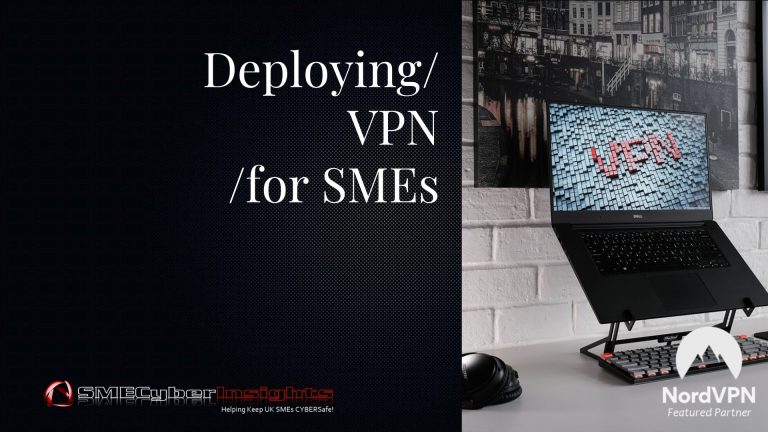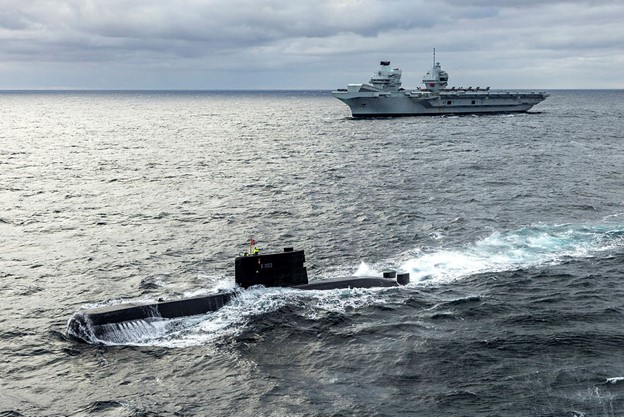REPORTAGE: UK Spends £6Bn on Defence Critical Cyber Infrastructure Remain Exposed
June 7, 2025Helping Keep Small Business CYBERSafe
Málaga: Saturday, 07 June 2025 at 12:00 CEST
REPORTAGE: UK Defence Spends £6 Billion on Weapons While Critical Cyber Vulnerabilities Remain Exposed
By Iain Fraser/Reportage with Andy Jenkinson CIP
SMECyberInsights.co.uk – First for SME Cybersecurity
Published in Collaboration with: Cybersec Innovation Partners
SMECyberInsights.co.uk – First for SME Cybersecurity
#SMECyberInsights #SMECyberSecurity #SMECyberAwareness #CyberSafe #SME #SmallBusiness #MOD #DefenceSpending #CyberSecurity
What is the UK’s biggest defence vulnerability in 2025?
The answer isn’t what you might expect. While the Ministry of Defence (MOD) announces £6 billion in spending on cutting-edge drone swarms and laser weapons systems, Britain’s most critical security weakness lies not in outdated hardware, but in fundamentally compromised cyber infrastructure that protects our nuclear deterrent.
The £6 Billion Paradox: Advanced Weapons, Vulnerable Networks
This week’s Strategic Defence Review unveiled Britain’s vision for future warfare: autonomous drone swarms, directed energy weapons, and next-generation combat systems. Yet exclusive intelligence shared with government agencies reveals a disturbing contradiction at the heart of UK defence strategy.
The core problem: High-technology weapons systems are being deployed on cyber foundations that intelligence sources describe as “riddled with known vulnerabilities.”
Russian and Chinese Access: The Trident Submarine Threat
Multiple threat intelligence reports have identified concerning evidence of foreign state access within critical defence contractors. Sources familiar with the intelligence indicate:
* Russian root certificates detected within systems belonging to Trident submarine programme contractors
* Chinese digital certificates embedded in supply chain networks supporting nuclear deterrent systems
* Systematic disregard of these warnings by MOD, GCHQ, and Home Office officials
Why are cyber vulnerabilities being ignored?
The pattern of ignored warnings raises three disturbing possibilities:
1. Reckless negligence – Critical intelligence is failing to reach decision-makers
2. Systemic incompetence – Bureaucratic failures prevent effective threat response
3. Insider compromise – More troubling scenarios involving corruption or foreign influence
What does this mean for UK national security?
Defence analysts describe the situation as building “a fortress on quicksand.” Advanced weapons systems require secure command-and-control networks, encrypted communications, and protected supply chains. When these foundations are compromised, even the most sophisticated military hardware becomes vulnerable to:
* Remote system manipulation by hostile actors
* Intelligence gathering on military capabilities and operations
* Sabotage of critical systems during potential conflicts
The MOD’s Cyber Attack Record
The Ministry of Defence has officially acknowledged several successful cyberattacks in recent years, yet continues prioritising visible hardware over invisible – but critical – cyber defences.
State-Sponsored Cyber Warfare: The Growing Threat
With Russia and China intensifying cyber operations against Western targets, the window for addressing these vulnerabilities is rapidly closing. Current geopolitical tensions make robust cyber defences not just advisable, but essential for national survival.
What needs to happen immediately?
Security experts call for urgent action:
* Comprehensive audit of all defence contractor networks
* Immediate removal of compromised certificates and access points
* Independent investigation into why threat intelligence was ignored
* Accountability measures for officials who failed to act on warnings
The Bottom Line: Theatre vs Reality
Britain’s defence strategy risks becoming expensive theatre – impressive announcements masking fundamental security failures. Until cyber vulnerabilities in our most critical defence systems are addressed, no amount of advanced weaponry can guarantee national security.
The uncomfortable truth: You cannot defend a nation whose digital foundations are controlled by its enemies.
This investigation continues. SMECyberInsights Reportage team welcomes information from defence industry sources concerned about cybersecurity in critical national infrastructure.
UK Small Business Owner? Join SMECyber Free Now! & Access the SME Cyber Forum – Read, Learn, Engage, Share …
The Latest SME Cybersecurity News, Threat Intelligence & Analysis, Timely Scam Alerts, Best-practice Compliance, Mitigation & Resources specifically curated for UK Based SMEs in a Single Weekly Email direct to your Inbox or Smart Device together with Unrestricted Free Access to our entire SME Cyber Knowledge & Tutorial Library.

About Andy Jenkinson
Group CEO CIP. Fellow Cyber Theory Institute. Director Fintech & Cyber Security Alliance (FITCA) working with Governments. Recognised Expert in Internet Asset & DNS Vulnerabilities.
Andy Jenkinson is a senior and seasoned innovative Executive with over 30 years’ experience as a hands-on lateral thinking CEO, coach, and leader.

